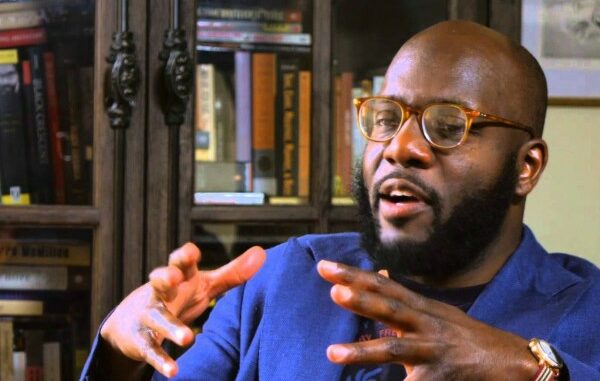
Interracial marriage is still an issue in this country 50 years after the end of the racist so-called “Anti-miscegenation” laws. “My wife’s family tells her that they are praying that we do not get pregnant” says Vaughn, an African American who is married to Gail, a white woman. And he has never been to his in-laws’ house, because he is not welcome there. All because he is black.
Vaughn’s remark comes from a Vice News special honoring the 50th anniversary of Loving v. Virginia, a landmark Supreme Court case that made bans on interracial marriage illegal.
Vaughn and Gail are not using past tenses. This is happening to them right now. In fact, the ban on interracial marriage was lifted years before they were born.
Persistent Gap
So, when it comes to racism in America, there is still a large gap between the law and social attitudes. There is a parallel to the gap in our communities.
Racism in Our Muslim Communities
We Muslims, especially when talking to outsiders, stress the egalitarian nature of our faith: The Quran explicitly rejects racism. Bial, the Prophet’s original Muezzin was black. And yet in practice we have often fallen short of those ideals.
Hana Al-Khamri wrote a chilling piece exposing the outrageous racism in the Arab cinema and society. Just one example: “Why are you turning off the light? You are already dark by nature,” says the main character to a black prostitute in the 1998 Egyptian film Sa’eedi fil gamaa el amrekeia.
Rejection of Muslim Interracial Marriage
Intra-Muslim racism is a problem also in Europe. Ubaydullah Evans, a black Muslim who is the executive director of the American Learning Institute for Muslims in Michigan, tells Emma Green of the Atlantic: “White racism toward black people is not the kind of racism that circumscribes my life as an American Muslim. It’s the social racism I experience from people of Arab descent, of Southeast Asian descent. This is the racism no one is talking about.”
The Atlantic piece continues:
“I think a lot of African American Muslims see a hypocrisy sometimes with immigrant Muslims,” said Saba Maroof, a Muslim psychiatrist with a South Asian background who lives in Michigan. “We say that Muslims are all equal in the eyes of God, that racism doesn’t exist in Islam.” And yet, cases of overt racism aren’t uncommon, like when South Asian or Arab immigrant parents don’t want their kids to marry black Muslims. “That happened in my family,” she said.
Examples abound: As Mohammed Ilyas reports, The Pakistani in-laws of a British black Nigerian man called him “Bandar” (monkey).. A Pakistani mosque in England declined to perform a marriage between a black Muslim and her Pakistani husband.
Let’s be honest: we have a problem with racism in our communities. It’s about time we confronted it with the same strength that we oppose racism from the outside.
